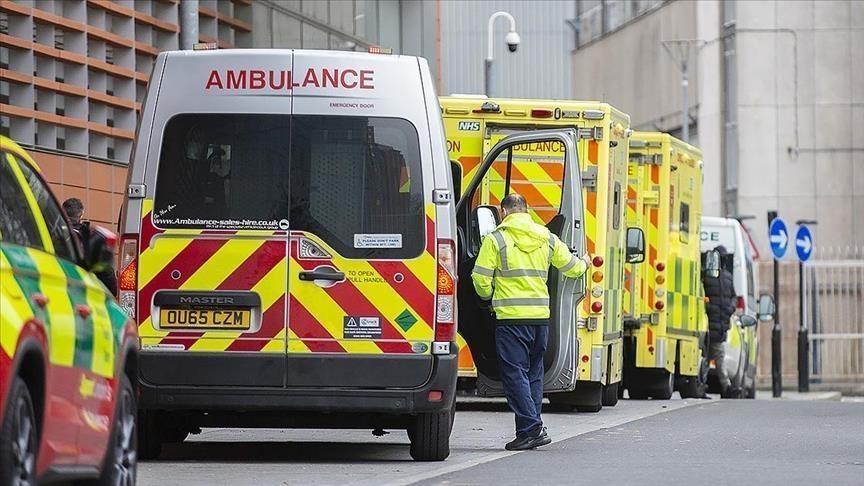LONDON
The UK needs to have a vision of what it wants the national health care system to look like in years to come, a veteran paramedic told Anadolu.
“Giving only more money will not solve wider problems,” said Marcus Davis, who has been a paramedic for 22 years. “The problems are far greater than just my pay. I think the government needs to be honest with the public, on what they’re trying to achieve.”
The health care system has always had its problems, but things have taken a turn for the worse lately amid the fallout of the Russia-Ukraine war, Brexit, and a tightening cost-of-living crisis.
Major challenges such as staff shortages, rising workloads due to the coronavirus pandemic, essential drug shortages and pay erosion to lie ahead for the system.
“The biggest problem we’re facing at the moment is trying to get to patients in a timely manner, trying to get to as many patients as we can. These things are getting harder and harder year on year,” said Davis.
The National Healthcare System (NHS) is underfunded and requires more investments, he said.
“It’s getting worse. My job has gone away from being just emergency calls. I deal with a lot of non-life-threatening calls. That probably takes up the majority of my day. And so we’re not available for patients all the time that necessarily need us in an emergency,” he said.
The chair of the NHS group of unions, Sara Gorton, said last week that the public knows ambulance response times are worsening and hospital waiting lists are growing because “the NHS no longer has the necessary staff to meet demand, nor provide safe patient care.”
“Anyone who received ambulance service was in a health center, or was waiting for a routine doctor’s appointment in the last year will know the worsening crisis in England’s NHS today. This cannot go on like this,” she said.
The latest figures from the government showed 9,517 deaths were posted in the week ending Dec. 30, 2022, compared to the 1,592 five-year average for that time of year.
Dr. Martin Carkett, a leading health expert at the London-based Tony Blair Institute, blamed government “inaction and poor decisions” for the massive human cost.
“Since the summer (Aug. 1, 2022), when it became obvious an unprecedented NHS winter crisis was looming, there have been over 25,000 excess deaths,” he wrote on Twitter.

